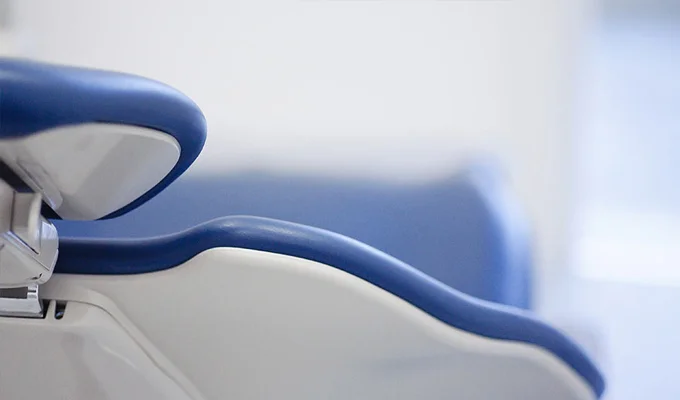After having placed numerous dental implants in the practice you can be assured that the procedure is quick, generally painless with no down time. Implants are placed by a board certified periodontist who is a dentist with advanced training in this area and who specializes in placing implants and performing gum surgeries. Our goal is to restore your missing tooth allowing you to again function normally.
What is a dental implant?
When a person loses a tooth and wants to replace it so that the new tooth is as close as possible to the original tooth a dental implant can be placed. A small piece of titanium in the shape of the tooth’s root is placed into your upper or lower jaw where you have lost the tooth. Over a short period of time your jaw will naturally lay down bone to encompass the implant. Generally 5 months later we can make a crown to connect to the implant restoring your ability to function normally in the area of tooth loss.
What types of dental implants are available?
Metal and metal free implants are now available. We prefer using titanium which is stronger and in most cases more acceptable to your immune system. Most implant surgeries consist of replacing one tooth which has been lost due to fracture or failure over time of a root canal therapy. However multiple implants can be placed for individuals missing multiple teeth.
What is the dental implant procedure?
If the tooth is already missing an evaluation of the area where the implant is to be placed is first done. If there is enough bone to hold the implant then the implant is placed in about 30 minutes of time. If there is not enough bone additional procedures will be necessary before the implant can be placed. If the damaged tooth is present it will first need to be removed and an evaluation done to determine if the implant can be placed immediately or at some future date.
What is the success rate for a dental implant procedure?
Although no one can guarantee a successful outcome – worldwide dental implants have a 92% success rate. In fact there is more concern of the crown overtime loosening from the implant than the implant being rejected by your jaw. Even if the crown becomes loose it can be reattached to the implant.
Why choose a dental implant?
In the past when a person lost a tooth the adjacent teeth if present were operated on in an effort to restore the missing tooth. Now with a dental implant the adjacent teeth are not involved and the final result is the closest we can get to what nature gave you with your original tooth.
Am I a good candidate for a dental implant?
As long as you are good overall health and there is adequate bone in your jaw to support the implant you should do well. Chronic illnesses such as diabetes, leukemia, or untreated periodontal disease may interfere with the healing after implant placement and contraindicate this treatment.

